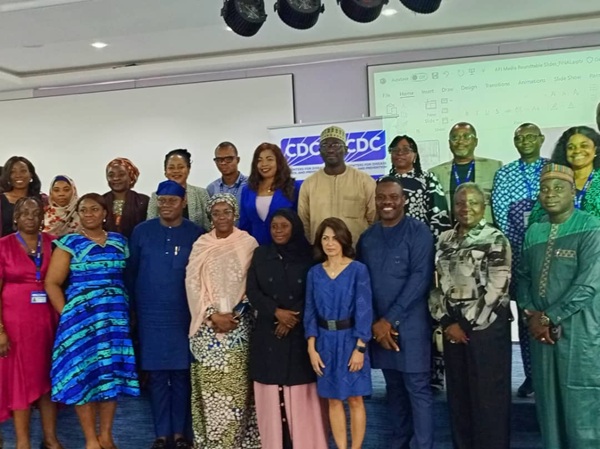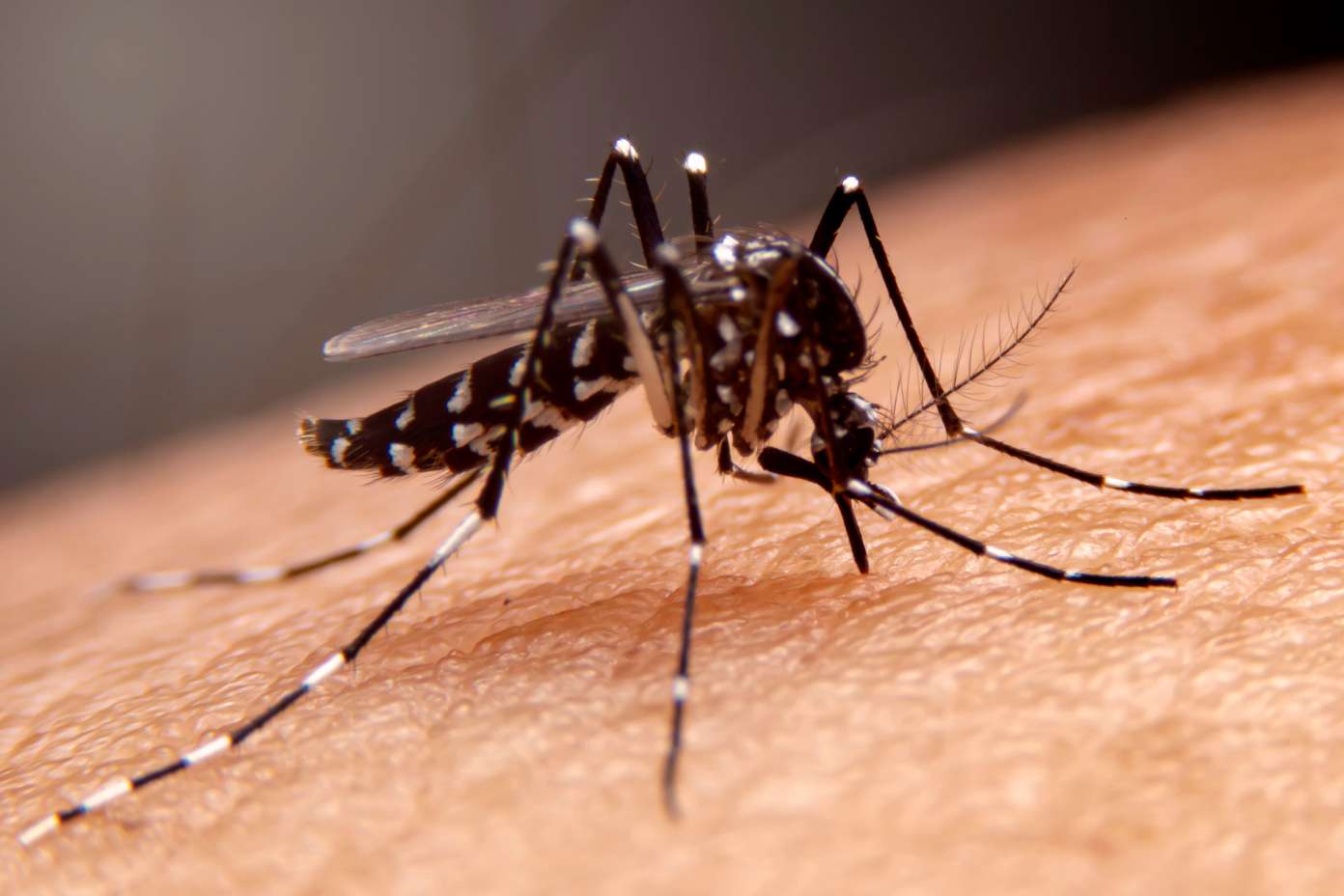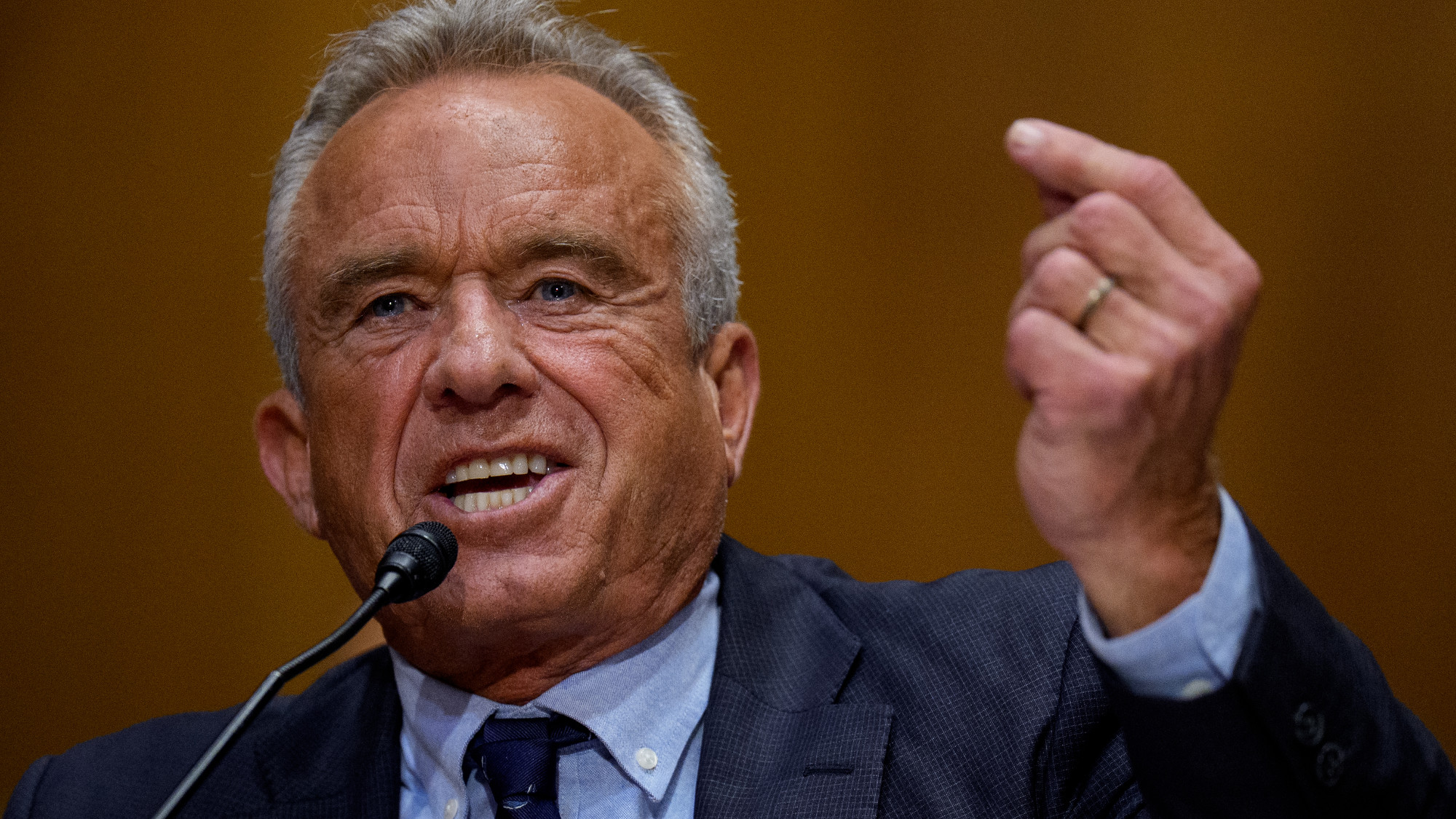By Dele Anofi,The Nation
Copyright thenationonlineng

…calls for sustained reforms
The United States Centers for Disease Control and Prevention (U.S. CDC) has called for sustaining and strengthening Acute Febrile Illness (AFI) surveillance in Nigeria by addressing persistent challenges that continue to limit its impact.
These include the absence of a clear policy, limited geographical coverage of testing facilities, poor diagnostic capacity, delays in transporting samples, difficulties maintaining sample integrity, staff attrition, and slow turnaround times for results.
The agency said closing these gaps is critical to improving AFI surveillance, which is vital in protecting public health.
It, however, commended the Nigerian government and the Nigeria Centre for Disease Control and Prevention (NCDC) for taking greater ownership of the AFI programme, with the integration of AFI into Nigeria’s national disease control structures already underway to help ensure sustainability.
Speaking at a media roundtable in Abuja, the Senior Public Health Specialist for Epidemiology and Surveillance at the U.S. CDC Nigeria, Dr. Oladipupo Ipadeola, explained that limited laboratory diagnostic capacity for AFI often leads to misdiagnosis or underdiagnosis of diseases, resulting in inappropriate treatment and poor patient management.
He noted that the U.S. CDC support for AFI surveillance in Nigeria, delivered in collaboration with the NCDC, Institute of Human Virology, Nigeria (IHVN), and other partners, has become indispensable because of the widespread and complex nature of AFI.
“Acute febrile illnesses are among the most common reasons why people seek healthcare. Yet, they are often misunderstood, presenting with similar symptoms that make it difficult to identify the exact cause.
“That is why we need robust surveillance systems”, Ipadeola said.
He said AFI surveillance helps determine the prevalence and burden of diseases, their causes, and how they spread.
“The overall intent of this system is to help improve early detection, enhance capacity, and strengthen data, ultimately helping us respond better and faster to outbreaks,” he added, stressing that the goal is to safeguard the health of Nigerians.
Read Also: NCDC assures states in North Central region of fair sharing of projects
According to him, the U.S. CDC, in partnership with the NCDC, IHVN, and other stakeholders, has already established sentinel surveillance sites across Nigeria’s six geopolitical zones.
This, he said, has resulted in more than 11,000 samples being tested for priority diseases such as malaria, dengue, yellow fever, Lassa fever, and COVID-19.
In addition, he said laboratory capacity has also been strengthened through upgraded equipment, with the introduction of multiplex PCR testing, and the training of staff in selected facilities.
Dr. Ipadeola highlighted that AFI surveillance is a core part of the U.S. CDC’s efforts to advance global health security, noting that in Nigeria, it is helping to identify disease patterns, detect co-infections, and build stronger diagnostic systems.
While coordination of the programme was handed over to the NCDC in August 2024, the U.S. CDC continues to provide technical support, rapid diagnostic kits, and laboratory reagents to improve testing at sentinel sites, he revealed.
He acknowledged Nigerian government initiatives, such as health education campaigns, malaria control programmes, vaccination drives, and integrated disease surveillance, as important contributions to improving outcomes.
However, he noted that challenges remain, with delays in transporting samples from sentinel sites to the National Reference Laboratory sometimes compromising sample integrity, while staff attrition at some sites has weakened consistency.
“In terms of sample turnaround time, patients want to quickly know their results. But it is important to emphasize that AFI testing is for surveillance purposes, not direct treatment,” he explained.
Looking ahead, Dr. Ipadeola stressed that with sustained support from the U.S. CDC and its partners, lessons from Nigeria’s AFI surveillance programme will not only strengthen outbreak response locally but also contribute significantly to global health security.
In her remarks, Dr. Farah Husain, Programme Director at the U.S. CDC Nigeria, highlighted the need to strengthen surveillance for Acute Febrile Illnesses (AFI), stressing that robust systems will aid in identifying causes, burden, and spread, enabling faster outbreak responses.
She said the U.S. CDC, in collaboration with the NCDC, is working to establish a sustainable AFI surveillance system to improve early detection, laboratory capacity, and data.
NCDC Director of Surveillance, Dr. Fatima Saleh, added that stronger advocacy and wider inclusion are vital for sustained impact.
The Executive Director of the International Centre of Excellence, Prof. Alash’le Abimiku, said the institute has continued to support Nigeria’s effort at ensuring expansion in surveillance and accurate testing for all forms of AFIs.
Ifeyinwa Ejinkeonye, AFI Sentinel Site Focal Person at Kubwa General Hospital, Abuja (for the North Central zone), said the centre had effectively handled AFI data reporting since the ownership transition and under the new hospital management, but recent challenges with staff attrition and power supply have forced real-time transfer of samples to the National Reference Laboratory.



